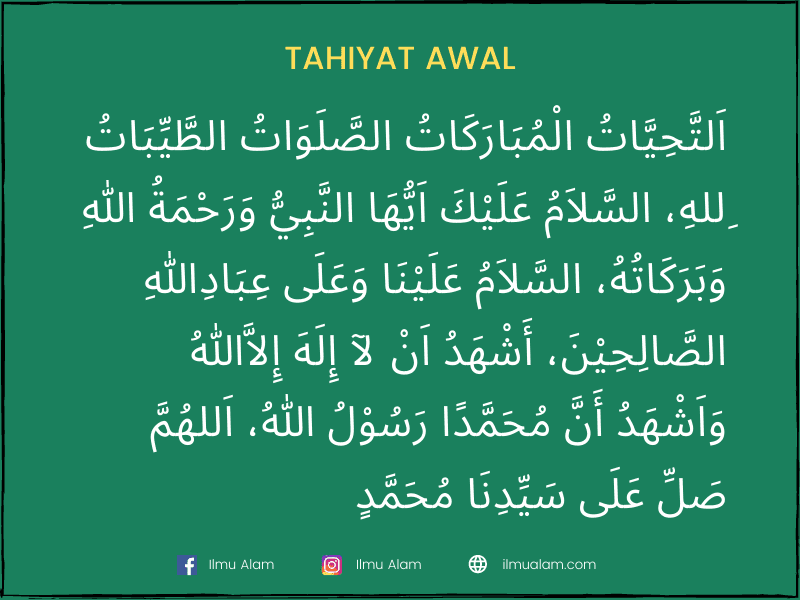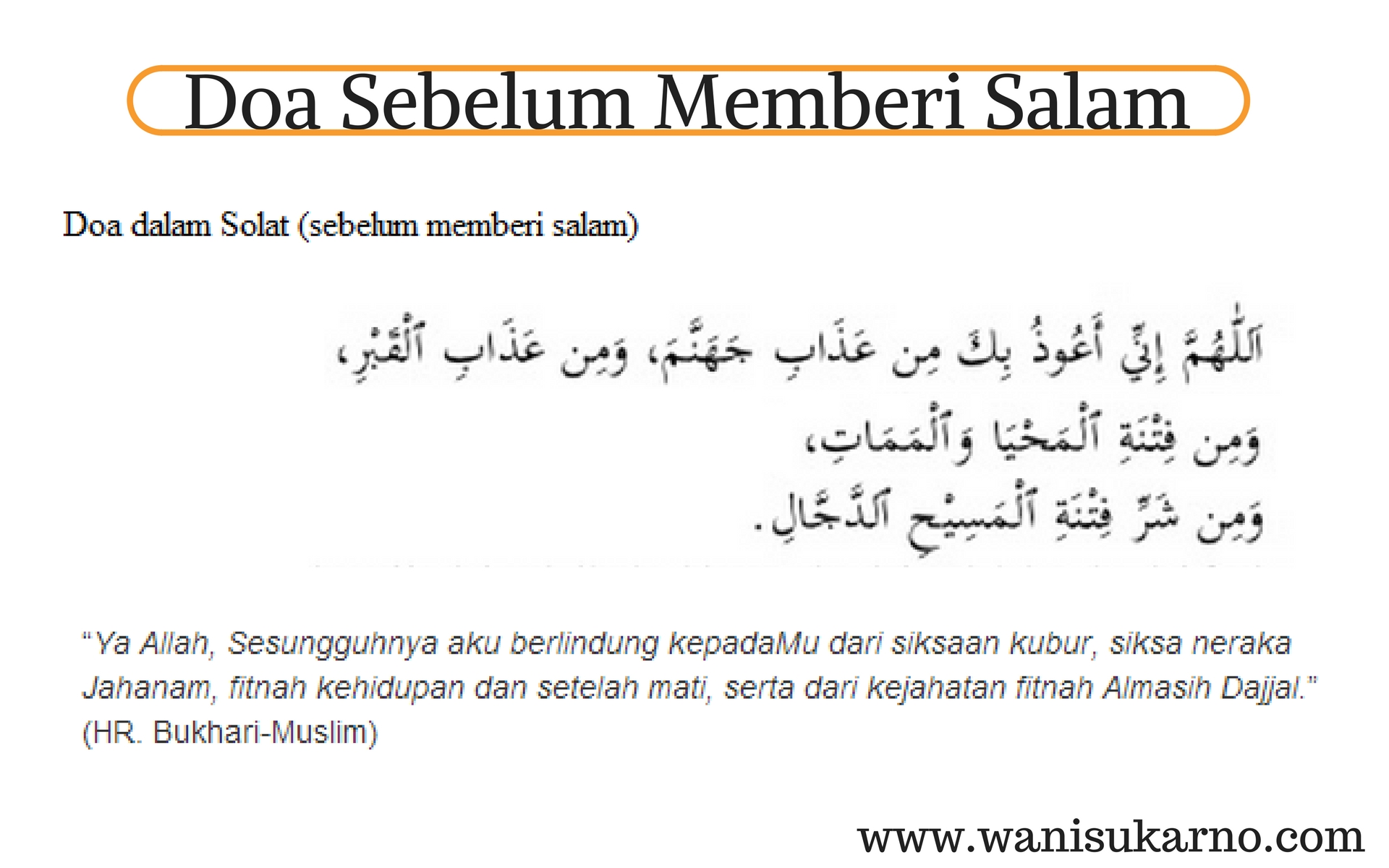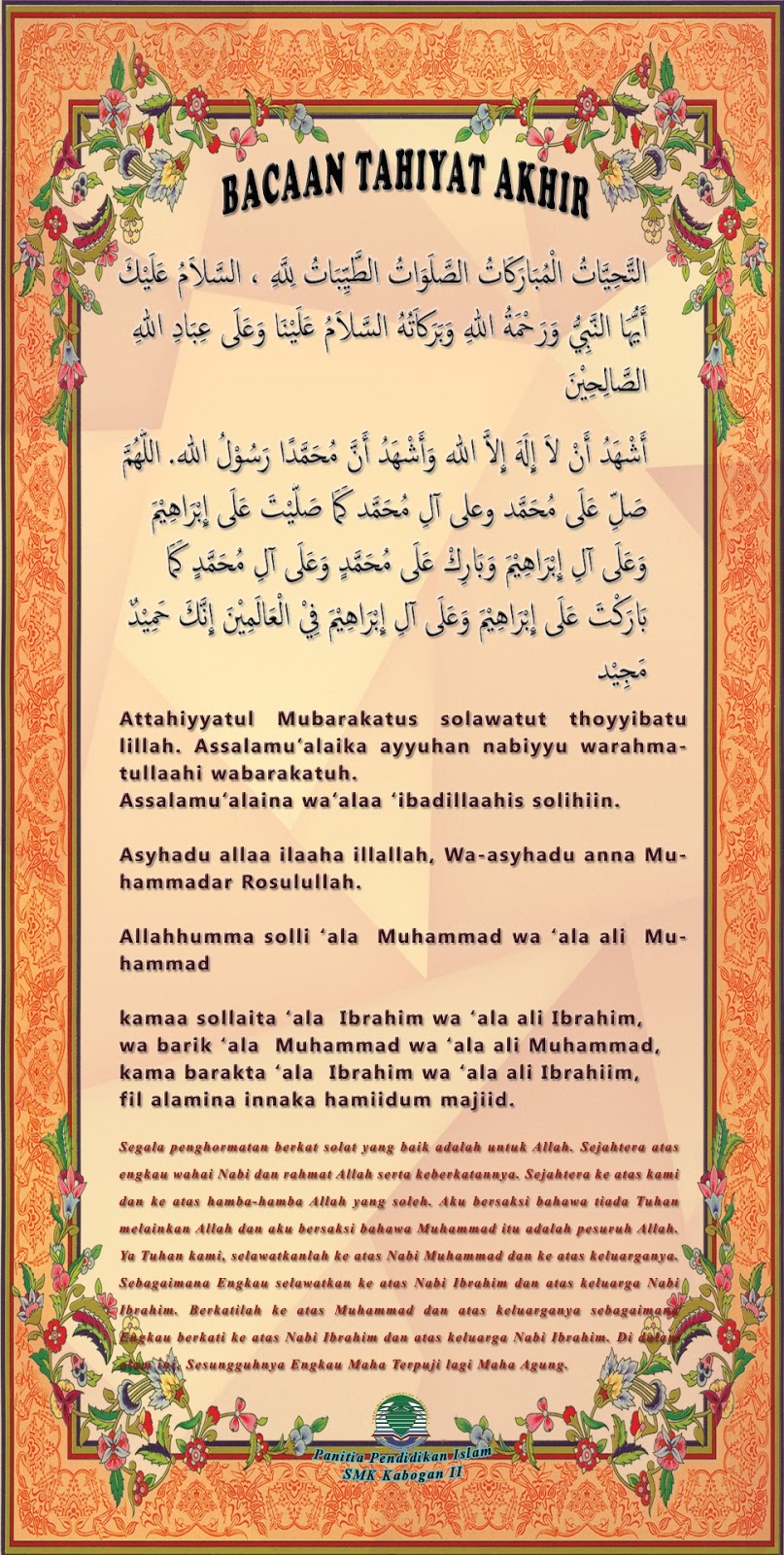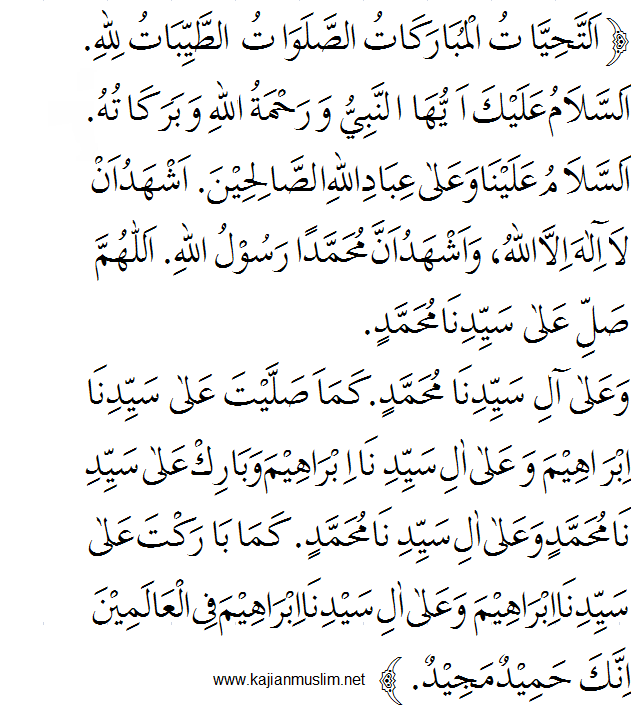Finding Peace and Connection: Exploring the Tashahhud
In the tapestry of spiritual practices, certain elements stand out for their ability to connect us with something greater than ourselves. For Muslims around the world, the five daily prayers offer a rhythm of devotion, grounding their days in mindful awareness and submission to the divine. Within these prayers lies the Tashahhud, a testament of faith whispered with humility and reverence. But what is the Tashahhud, and what makes it such a cornerstone of Islamic prayer?
The Tashahhud, also known as At-Tahiyat, is a sequence of Arabic verses recited while sitting in a specific posture during prayer. It serves as a declaration of faith, acknowledging the oneness of God (Allah) and the prophethood of Muhammad (peace be upon him). Beyond its literal meaning, the Tashahhud represents a moment of deep connection with the divine, a pause amidst the flow of life to reaffirm one's commitment to faith and surrender to a higher power. It is a reminder of our place in the grand scheme of existence and the importance of aligning our actions with our beliefs.
The Tashahhud is rooted in the earliest days of Islam, tracing its origins back to the Prophet Muhammad himself. It is believed to have been divinely inspired, a gift from God to guide Muslims in their prayers and deepen their connection with Him. Throughout history, scholars and practitioners alike have recognized the profound significance of the Tashahhud, highlighting its role in cultivating humility, focus, and spiritual awareness.
While the Arabic recitation of the Tashahhud holds deep meaning and beauty, understanding its translation can further enhance our appreciation for its message. "All compliments, all worship and all prayers are due to Allah. Peace be upon you, O Prophet, and Allah's mercy and blessings. Peace be upon us and upon all the righteous servants of Allah. I bear witness that there is no deity worthy of worship except Allah, and I bear witness that Muhammad is His servant and Messenger." These words encapsulate the essence of Islamic belief, serving as a constant reminder of our purpose and our relationship with the Creator.
For those new to the practice or seeking a more accessible way to learn, the transliterated version, often referred to as "bacaan tahiyat akhir dalam rumi," provides a helpful tool. This phonetic representation allows individuals to familiarize themselves with the pronunciation and flow of the verses before delving into the Arabic script.
The Tashahhud is more than a mere recitation; it is an integral part of a Muslim's spiritual journey, woven into the fabric of their daily lives. Its impact extends far beyond the prayer rug, influencing their thoughts, actions, and interactions with the world around them. Just as a piece of art can evoke a range of emotions and inspire contemplation, the Tashahhud has the power to move the heart, to awaken a sense of awe and gratitude within. It is a testament to the enduring beauty and profound simplicity of faith, reminding us of the importance of seeking solace, guidance, and connection in something larger than ourselves.
Perfect font size for business letters clarity and professionalism
Unleash your inner ghoul a deep dive into drawing scary characters
The alchemy of industry exploring taita chemical company limited













